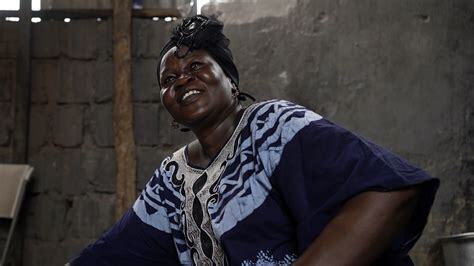How South Sudan’s Informal Economy Keeps It Alive

Hidden Strength: South Sudan
Directed by Akuol de Mabir (2025)
Film Review
Link: Hidden Strength: South Sudan
Nine years after the 2013-2016 civil that led it to separate from Sudan, South Sudan is the world’s youngest country, as well as the world poorest. It’s economy is almost totally informal, which means its government has no registration or tax records for its businesses – and no record of the wealth they generate. Increasingly South Sudan’s informal sector also provides public service, including schooling.
The filmmakers interview a number of women who have started small businesses – restaurants, tea shops, car washes, market stalls, etc – because income their husbands earn in the formal sector is inadequate to support the family. One woman started a small business when husband abandoned the family to marry a second wife.
All the women complain about their businesses becoming sluggish due to massive increases in commodity prices.
Unlike the formal sector, South Sudan’ informal sector has better access to resources owing to a large pre-existing social network. This often helps them source commodities and lower prices.
The filmmakers also interview a man who runs a water delivery business. He has a college degree and formerly worked as an administrator but couldn’t make ends meet because many pubic sector employees haven’t been paid in nine months.
At present the major of government sector employees rely on the informal sector to survive. Political analysts credit the robust informal sector with preventing a famine in South Sudan.
The Most Revolutionary Act
- Stuart Jeanne Bramhall's profile
- 11 followers



